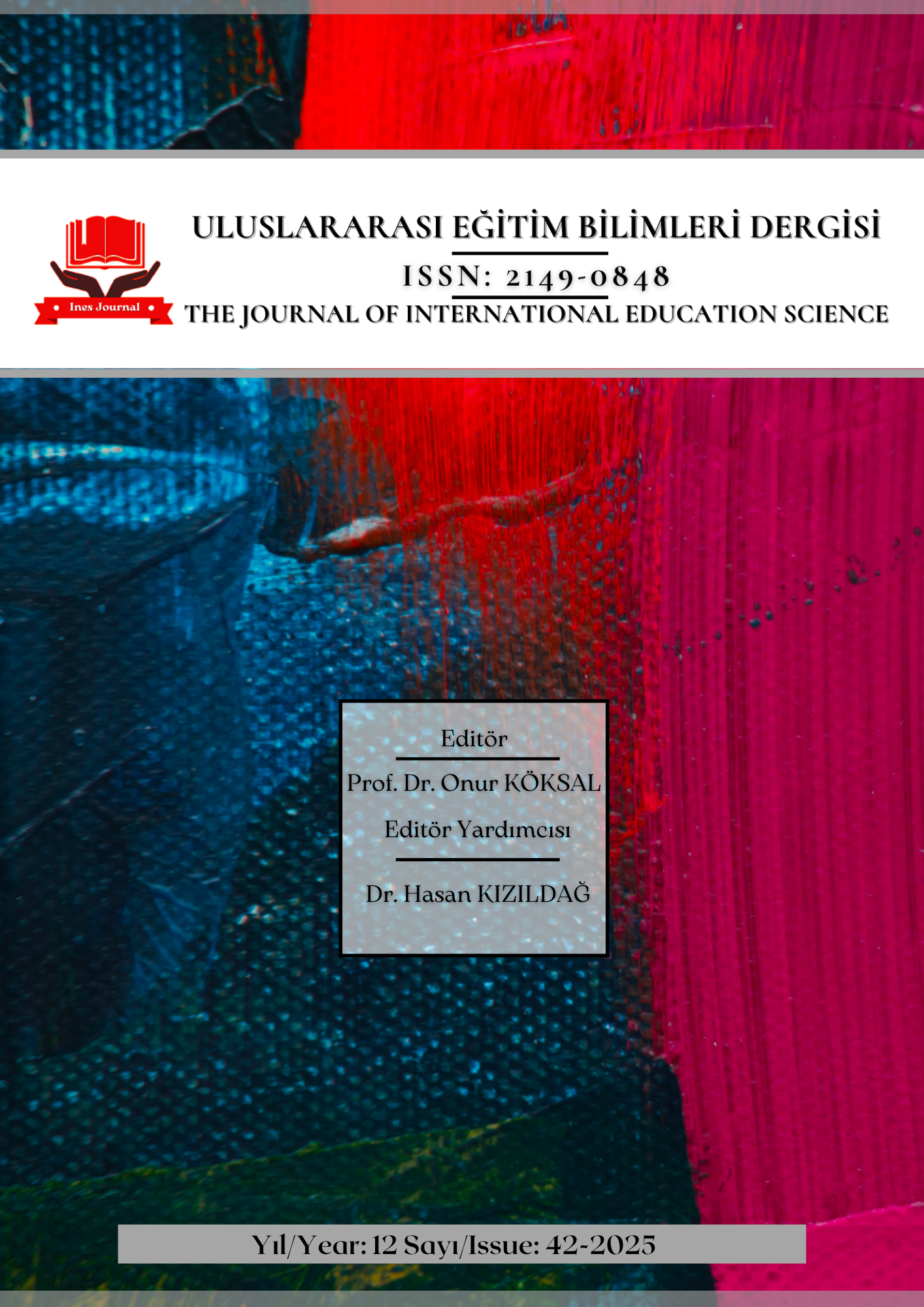Author :
Abstract
Yapay zekâ (YZ) teknolojilerinin hızla gelişmesi, eğitim alanında önemli değişikliklere yol açmıştır. Bu çalışma, YZ araçlarının, özellikle ChatGPT’nin, yabancı dil olarak Türkçe öğrenen C1 seviyesindeki öğrenciler için okuduğunu anlama testi oluşturma potansiyelini incelemektedir. Karma yöntemli bir araştırma deseninin kullanıldığı çalışma, YZ tarafından oluşturulan okuma metinlerinin ve metin altı soruların yeterliliğini, ölçme aracı olarak C seviyesine uygunluğunu, alan uzmanları tarafından oluşturulan metin ve sorularla karşılaştırmıştır. Çalışmanın verileri, araştırmacı güncesi, uzman görüşleri ve öğrenci puanları üzerinden toplanmıştır. Bulgular, C1 okuma becerisi testi geliştirmede ChatGPT’nin hızlılık, verimlilik ve maliyet açısından avantajlarını ortaya koyarken yapay zekâ üretimlerinin kalite ve uygunluk açısından insan müdahalesine ihtiyaç duyduğunu göstermiştir. Bulgular, YZ'nin dil değerlendirme süreçlerindeki fırsatları ve zorluklarını vurgulayarak eğitimcilere ve araştırmacılara öneriler sunmuştur.
Keywords
Abstract
The rapid development of artificial intelligence (AI) technologies has led to significant changes in the field of education. This study explores the potential of AI tools, specifically ChatGPT, in creating reading comprehension tests for C1-level students learning Turkish as a foreign language. Using a mixed-methods research design, the study compares AI-generated reading texts and follow-up questions with those created by subject matter experts, evaluating their adequacy and suitability as a measurement tool for C1-level learners. Data was collected through a research diary, expert opinions, and student scores. The findings highlight the advantages of ChatGPT in terms of speed, efficiency, and cost-effectiveness in developing C1 reading proficiency tests, while also demonstrating that AI-generated outputs require human intervention in terms of quality and appropriateness. The findings emphasize the opportunities and challenges of AI in language assessment processes and provide recommendations for educators and researchers.





